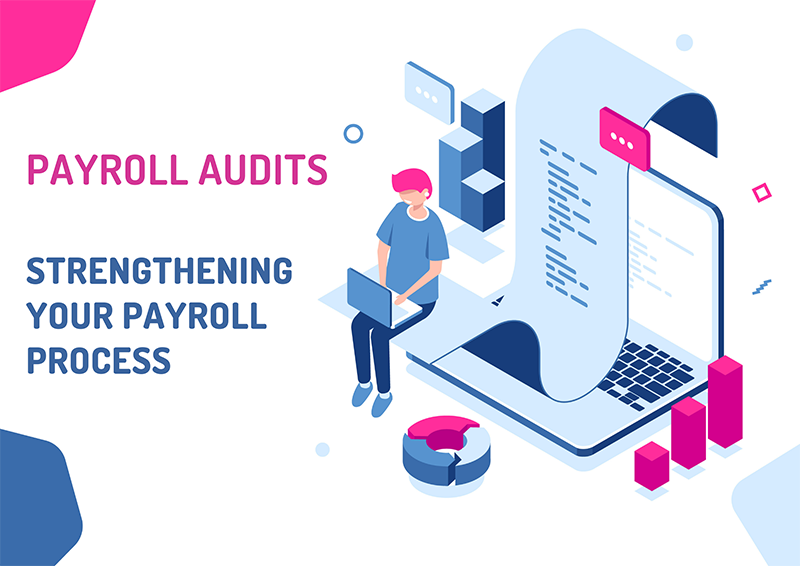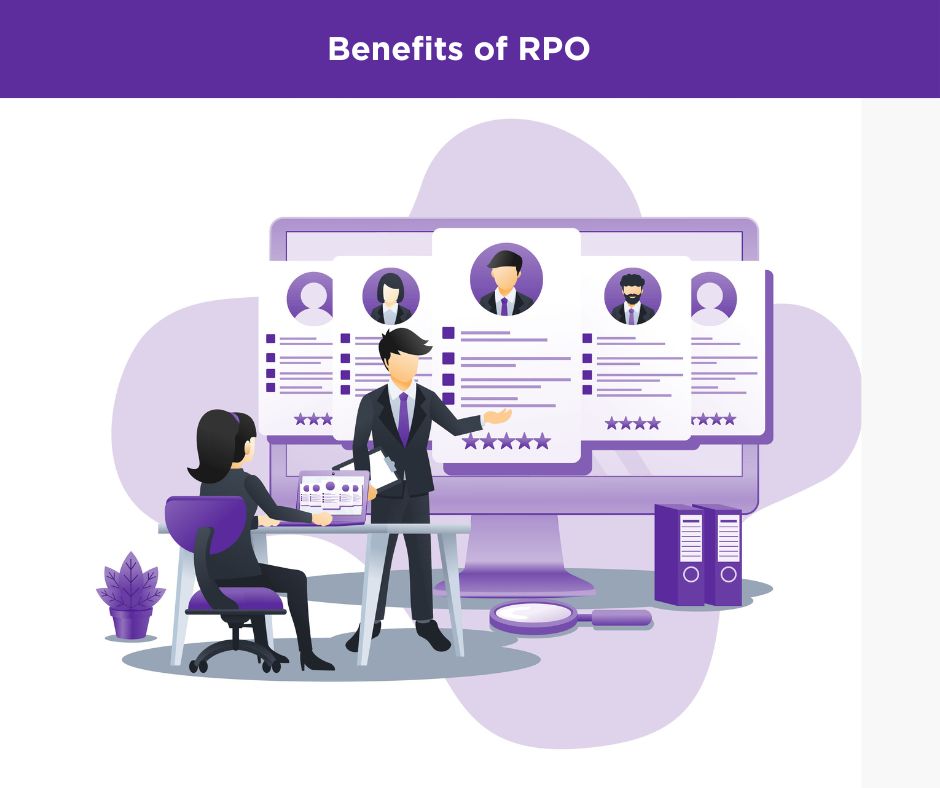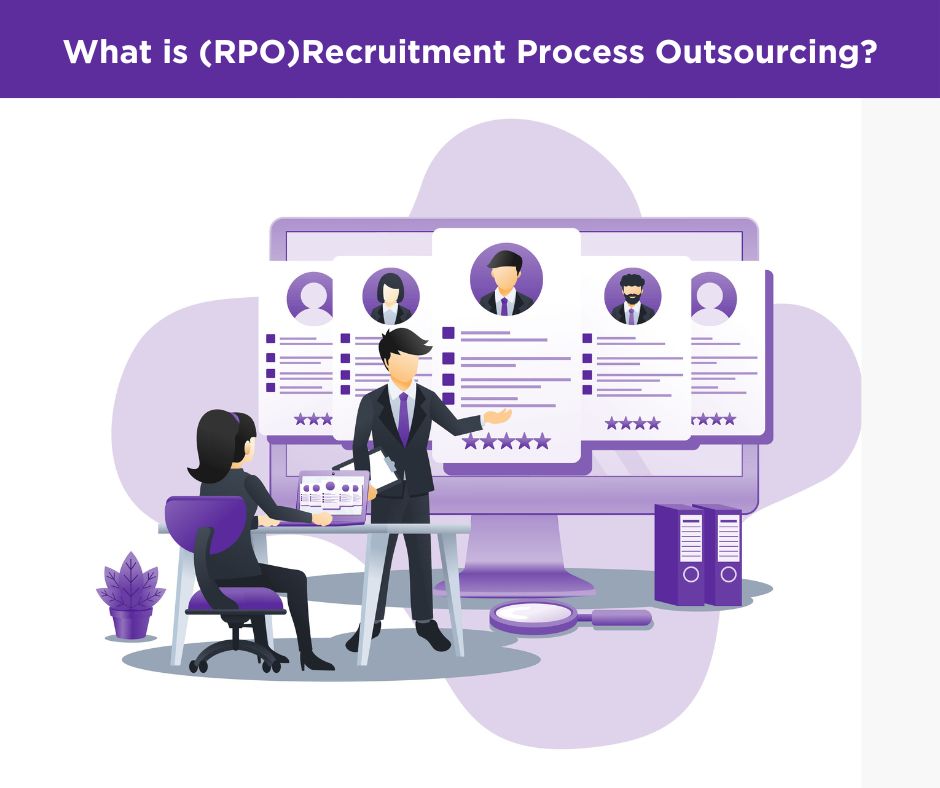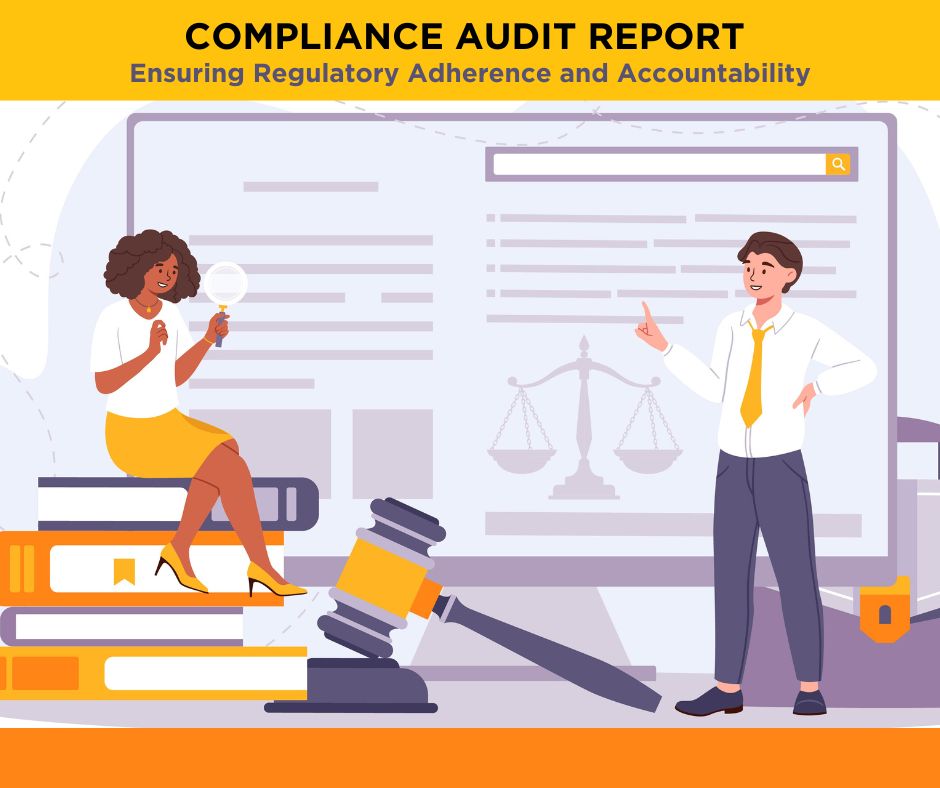The payroll process is an integral part of an organization’s activities. It involves more than simply keeping track of a list of employees and their wages. It involves processes like tracking leave and attendance, allocation of benefits and rewards, and insurance. Other methods involve record maintenance and documentation and, in some cases, analytics.
Payroll is not merely limited to just these processes but also that of compliance. Taxation in the form of calculation and payment of payroll tax is a key requirement of the payroll process.
Given that payroll involves many tasks to be done, it can get taxing on an organization. Some organizations prefer outsourcing payroll tasks to payroll processing services. Payroll processing failures, however, do occur. For instance, a recent survey by SD Worx of 4000 employees found that 44% of those employees were paid late. Other instances of payroll failure could include incorrect calculation and payroll compliance failure. To ensure that payroll systems are in place and working effectively and not violating compliance, payroll audits are conducted.
Payroll Audit
A payroll audit or a compliance audit is an assessment conducted to identify mistakes ensure that that these errors that hamper the effectiveness of payroll systems do not occur again. These assessments can be carried out periodically in-house or with the help of payroll services. Payroll services and even the function of payroll audits can be outsourced to third-party vendors which offer services fraction of the cost that it would take to conduct in-house.
Reasons for Payroll failures
Payroll failures can be highly impactful on an organization. The impact can range from a loss of goodwill from shareholders and the public to penalties that could hinder an organization financially. The following are some common reasons for payroll failure:
- Inaccurate attendance and leave tracking
- Manual data entry and human error
- Payroll fraud
- Failure to adhere to payroll laws and regulations
- Lack of accessibility to required software and obsolete software.
Payroll Audits – The Steps
The following are some basic steps organizations can take to effectively audit their payroll and ensure that their processes are up to scratch.
- Employee Verification: First and foremost, organizations must reorganize and verify their employee records. Organizations must compare and update their payroll records to ensure that employees who are no longer part of the organization are being paid. Third-party vendors must also have access to ensure that payroll and employee records match up perfectly. This also involves verifying employee categories.
- Leave and Attendance: After verifying employee records, organizations must track the leave and attendance records of their employees. In a survey by Kronos in 2014, unplanned absences among Indian respondents of the survey were responsible for disrupting the work of other employees by 65%, added to other employees’ workload by 64%, and increased stress by 47%. Absenteeism also reduced the quality of work by 45%. Given that this has a widespread impact on an organization, leave and tracking systems must be bolstered.
- Compliance and Benefits: A key step in ensuring the effectiveness of payroll audits is to ensure that all the payroll processes in an organization effectively adhere to a set of rules and regulations regarding the treatment of their employees. Some of the acts that fall under this include the Payment of Gratuity act (1972) and the Income Tax act (1961). Organizations must also ensure that certain benefits and amenities covered under the Employee Provident fund and Employee State insurance have been made accessible to employees and have been claimed by them.






